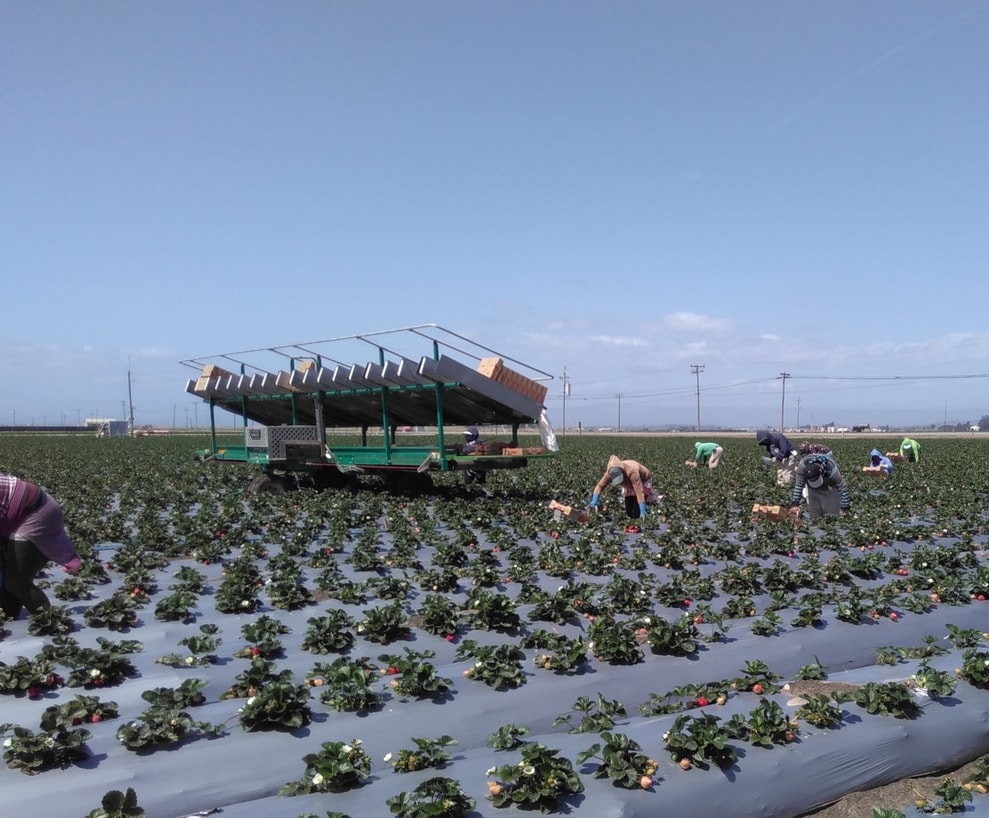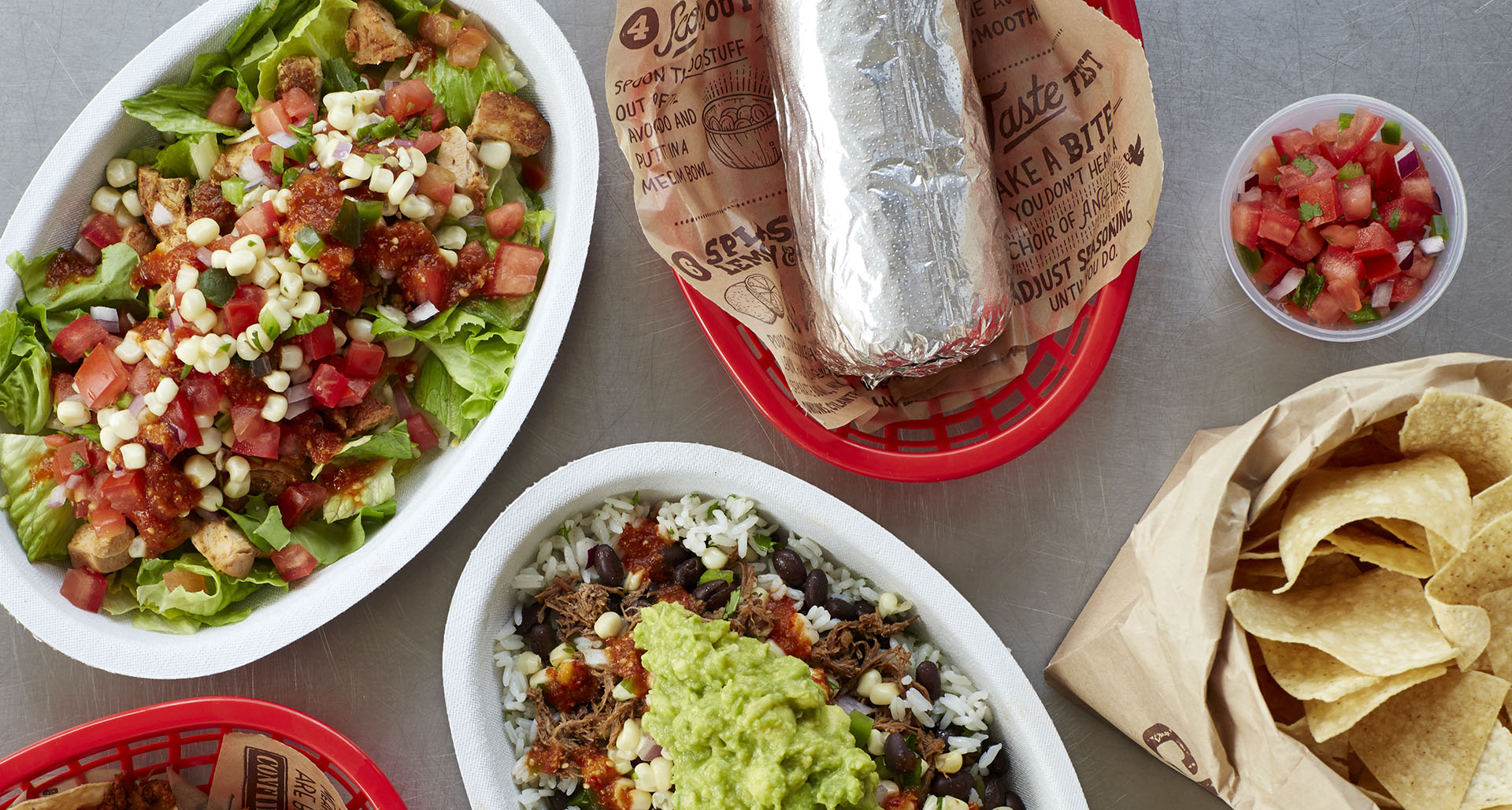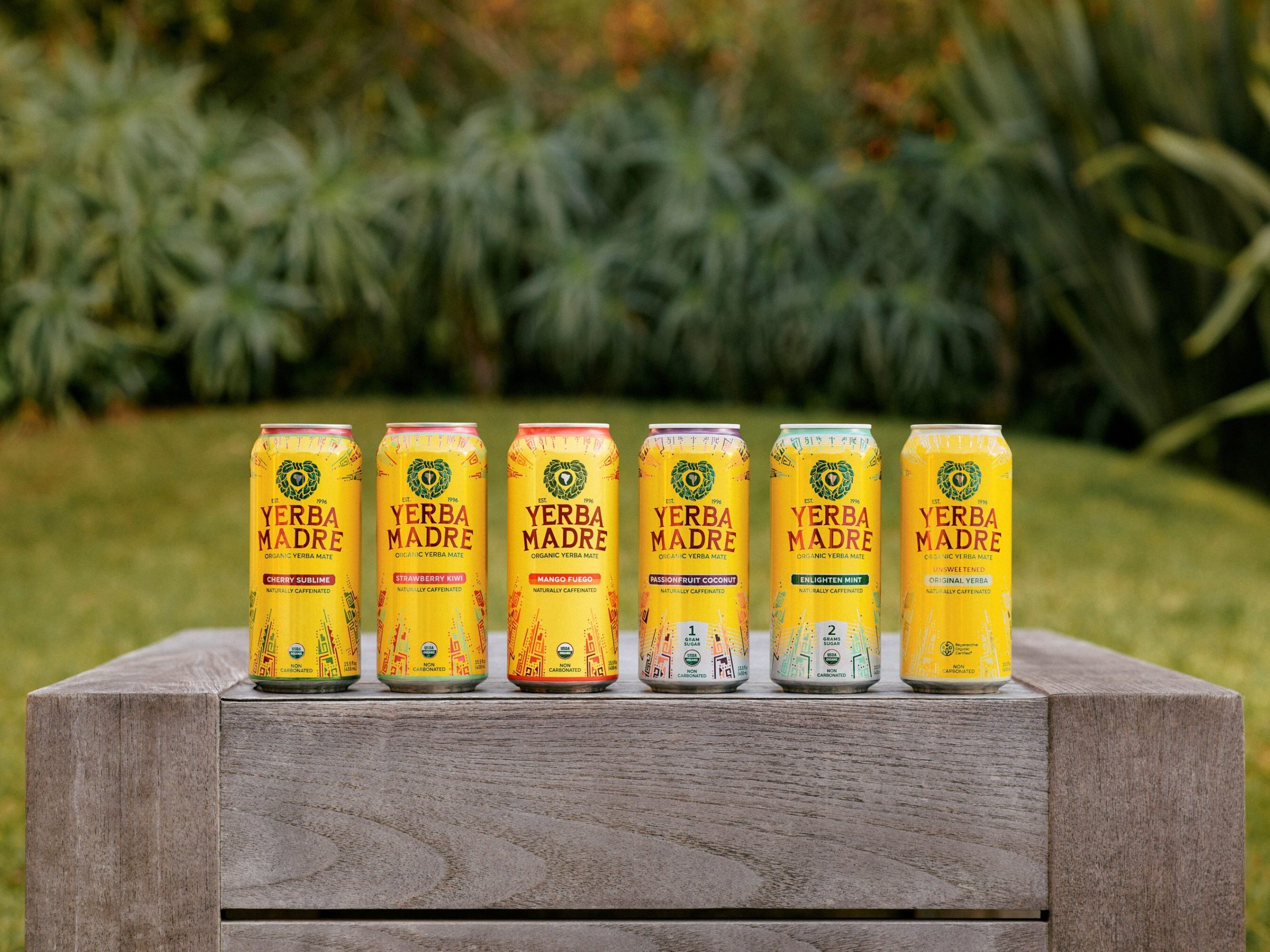Farmers Are So Desperate For Field Workers That They’re Resorting To Robots

If you ever find yourself out in the Salinas Valley of California in the spring or summer, you’ll come across quite a few berry fields, many of which supply Driscoll’s, one of the largest berry companies in the world. You’ll find workers out there harvesting the fruit, but not as many as there used to be.
Those who oversee the harvesters are finding it much harder to find employees to come work in their fields. One such foreman from Scurich Berry Farms in Salinas told me that farms in the area attempt to draw away workers with competing wages and benefits, and often times, that results in a shortage of workers for some farms as they all move to where the most money is.
Between that, an overall shortage of field laborers, and the Trump Administration’s crackdown on immigration that could potentially take out half of the available workforce, farm owners are struggling to find people to harvest their crops. Yields are affected as a result, with some major berry farms in the area operating at a paltry 40% yield due to these factors, according to the aforementioned foreman.
It isn’t just a problem in Salinas Valley, however. Many fruit orchards and other farms across the country are experiencing similar labor issues, and are looking to solutions to up their yields and fill needed jobs in a market where there are way more available positions than willing workers.
Most are looking to harvesting robots as the future for their fields. According to Popular Mechanics, a couple are almost ready to launch and can pick produce for 24 hours a day at a 90-95% yield.
Harvesting robots can currently service crops like wheat and corn that don’t require careful harvesting to prevent crop damage, but fragile crops like apples and berries are still harvested by hand. Both robotics companies (FFRobotics in Israel and Abundant Robotics in California) that are almost done developing machines for these fruits say they can pay back themselves in a couple of years, putting the cost of these machines at a couple hundred thousand a pop at minimum. Prototypes will be tested in fields as early as this fall.
In a future of food where these farmers can’t find enough workers to tend to their fields, robots might be the only solution to help ensure we harvest enough produce to feed the planet.






















